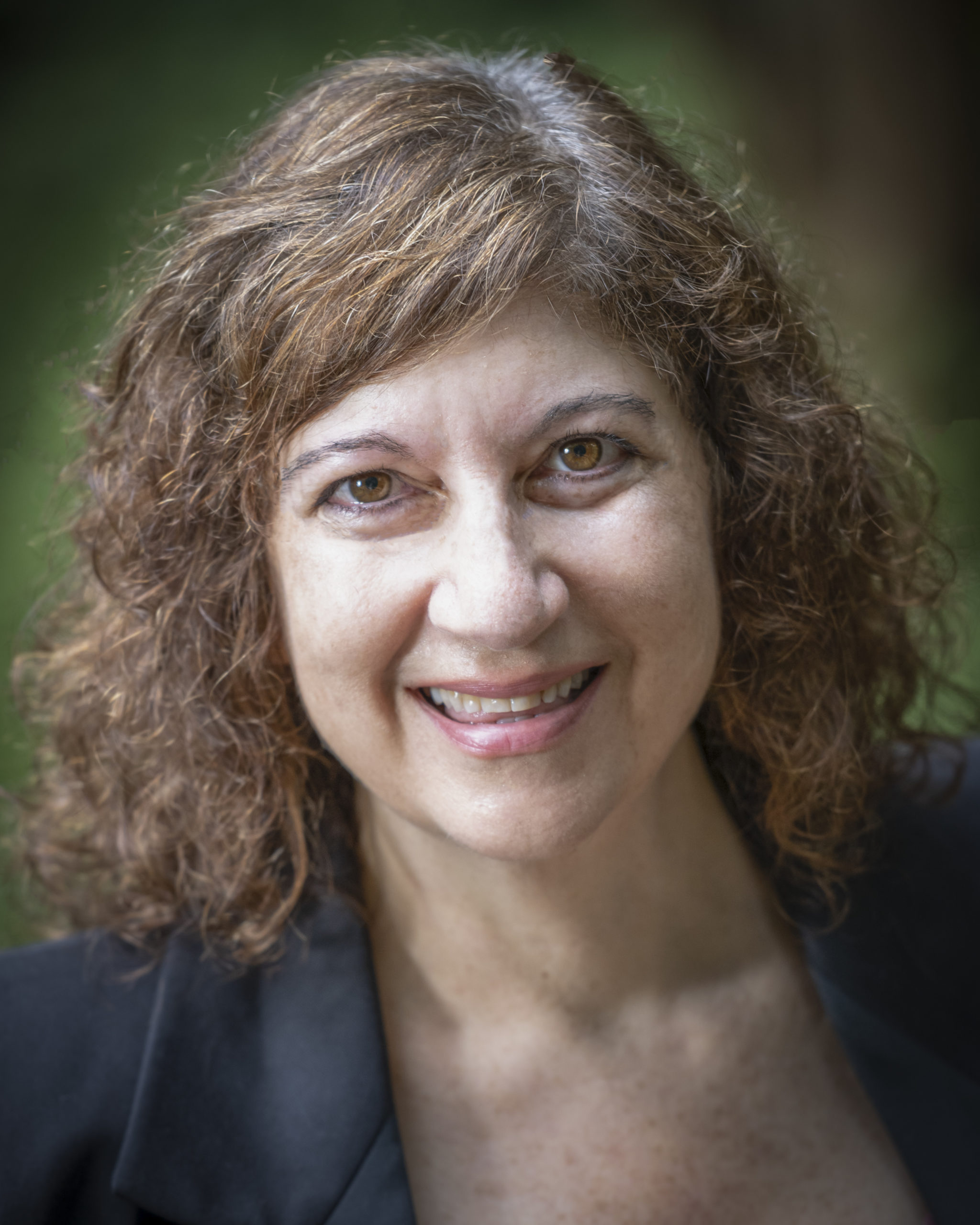 Kerri Susko, LISW-CP, OSW-C, MBCT Certified, was recruited to move to Prisma Health in Greenville, SC, when she joined the start-up team for the Center for Integrative Oncology and Survivorship. She provides individual psychotherapy to patients and family members. She’s also the Director of the Cancer Support Community at Prisma Health Cancer Institute, developing and providing social and emotional programming to the community. In addition, Susko serves on GO2 for Lung Cancer’s Scientific Leadership Board, is a passionate lung cancer advocate, and regularly attends the Lung Cancer Voices Summit.
Kerri Susko, LISW-CP, OSW-C, MBCT Certified, was recruited to move to Prisma Health in Greenville, SC, when she joined the start-up team for the Center for Integrative Oncology and Survivorship. She provides individual psychotherapy to patients and family members. She’s also the Director of the Cancer Support Community at Prisma Health Cancer Institute, developing and providing social and emotional programming to the community. In addition, Susko serves on GO2 for Lung Cancer’s Scientific Leadership Board, is a passionate lung cancer advocate, and regularly attends the Lung Cancer Voices Summit.
We talked to Susko about her passion for advocacy, why health care professionals should be lung cancer advocates, and why she encourages her patients to attend the Lung Cancer Voices Summit.
How did you become involved with GO2 for Lung Cancer?
GO2 for Lung Cancer helped me start a lung cancer support group that is still active today. That collaboration was my introduction to GO2 for Lung Cancer, and I quickly found out what an amazing resource you are for survivors and professionals. Not only do you provide the latest and greatest information, but you do so in an individualized, comprehensive, and supportive way.
I also credit GO2 for Lung Cancer for my introduction to advocacy, which has become a passion for me. I and a few group members participated in the Voices Summit the first year after the group was formed—and it was life changing for all of us.
Why should cancer researchers and health care professionals attend this event?
The Voices Summit is an opportunity to feel like and truly be part of the wheel of change. Without individuals participating in the Voices Summit, there would not be the same funding going to lung cancer research; without research, we would not have had the unbelievable breakthroughs in treatment and length of survival that we currently see.
I believe that, like survivors, participation in the Voices Summit decreases professionals’ feelings of helplessness and increases feelings of hope. The Voices Summit is also an invaluable opportunity to gain insight into the compelling experiences of both lung cancer patients and family member survivors. The more understanding we have, the greater compassion and empathy we can have, which in my mind translates to the more effective we can be. The event affords an invaluable window into what is happening across the country regarding lung cancer trends and new discoveries.
What made you decide to bring members of your support group with you to the Lung Cancer Voices Summit?
Feelings of vulnerability or loss of control are not uncommon for survivors, regardless of diagnosis. However, the members of the lung cancer group seemed to experience these more profoundly. They reported experiencing a high level of stigmatization. Also, with so much of what they were being told and reading indicating a very low survival rate past five years, they expressed acute feelings of helplessness.
I thought the Voices Summit would be a way to tell their stories and meet other survivors who were past that five-year mark. Participation was powerful, and hope and empowerment resulted. The group members who went that initial year still talk about how it made them feel; how it changed their thoughts after hearing the stories of survivors who were 12+ years post diagnosis; and how they felt encouraged and had increased willpower. They also reported that telling their story to their elected representatives increased their confidence and ability to advocate for themselves. And they wanted to participate again in future years.
Was there any hesitancy among people who had not advocated before?
There was hesitancy or anxiety among some people who had not advocated before. But the hesitancy opened the window to discuss the difference that assertiveness can make even when you don’t get what you want. It also allowed for conversations around personal advocacy within their own healthcare team and family.
Having the individuals who did participate talk about the experience afterward with the rest of the group also decreased the reluctance that some had—and it inspired them and others to want to participate in future Lung Cancer Voices Summits as well as to participate in grassroots advocacy during the year (e.g., sending postcards, signing petitions, and telling their stories).
What advice do you have for someone who is unsure about lung cancer advocacy?
Let your voice be heard. The smallest step is still a step. Taking some action, regardless of how small it feels, makes a difference and increases your individual sense of control. And while all “asks” don’t happen immediately, every yard gained gets us closer to the endzone.
Join us May 16-17 for the free, virtual 2022 Lung Cancer Voices Summit uniting lung cancer advocates from across the country. Register today!

Leave A Comment